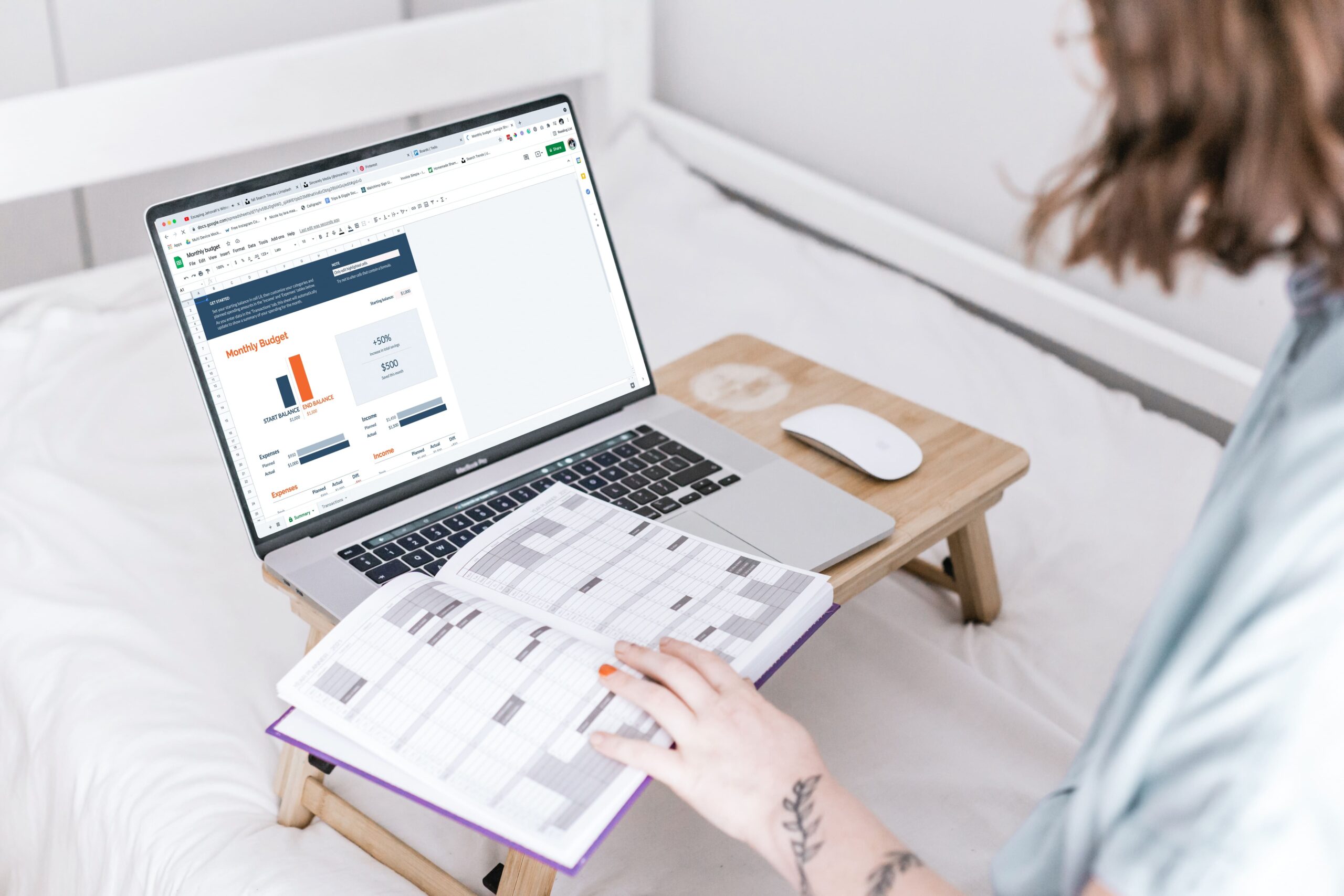
Setting the right room prices is a critical aspect of running any accommodation business, be it a hotel, motel, hostel, Airbnb, vacation rental, or holiday home. The art of applying dynamic pricing effectively can significantly impact your revenue and overall success in the hospitality industry.
In this article, we will explore various strategies to determine your room prices, taking into account the specific needs of each accommodation type. From traditional hotels to Airbnb listings, we’ll delve into the world of pricing hotel rooms, pricing strategy for your hotel, and the concept of dynamic pricing in the hotel industry.
When it comes to finding the right pricing strategy for your hotel or other accommodation, it all begins with two essential steps: market research and knowing your target audience. These steps are like the compass guiding your pricing decisions in the vast landscape of the hospitality industry. Let’s break it down into simpler terms to see how they work together to help you set the perfect room rates.
To determine competitive and profitable room prices, you must conduct thorough market research. For hotels and motels, this means examining the rates of nearby competitors with similar amenities and star ratings. Hostels, on the other hand, may focus on price comparisons with other hostels in the area, while Airbnb hosts should look at similar listings in their vicinity.
Each type of accommodation caters to a distinct target audience. To determine the pricing strategy of your hotel, identify your ideal guests first and tailor your rates to their preferences and budgets. For instance, hotels may target business travelers, families, or luxury seekers, each requiring different pricing strategies. Hostels may appeal to budget-conscious backpackers, while Airbnb listings may attract a range of travelers from all walks of life. Knowing your audience allows you to fine-tune the pricing strategy for your hotel.
Setting the right pricing strategy for your hotel involves a mix of actions tailored to attract guests and optimize revenue. In this part, we’ll explore some key elements. By the end, you’ll be equipped to craft a pricing strategy for your hotel that ensures both guest satisfaction and financial success.
One of the most common dynamic pricing in the hotel industry across all accommodation types is seasonal pricing. This involves adjusting your room rates based on the time of year. For example, hotels in tourist destinations may charge higher rates during peak season and offer discounts during the off-season. Airbnb hosts can also apply this strategy by increasing prices during holidays or local events when demand is high.
Different days of the week can attract varying types of guests. Hotels often charge higher rates on weekends, catering to leisure travelers, while business-oriented accommodations may see increased bookings during weekdays. Adjusting the pricing strategy of your hotel accordingly and optimize revenue throughout the week.
Encourage longer stays by offering discounts for guests who book for several nights. Hotels may offer reduced nightly rates for extended stays, while Airbnb hosts can implement weekly or monthly pricing to attract guests looking for extended visits.

Dynamic pricing has revolutionized the hotel industry. This strategy involves continuously adjusting room rates based on real-time demand, competitor rates, and other factors. For example, if a hotel notices a surge in bookings for a particular date, it can increase prices accordingly to maximize revenue. Conversely, during periods of low demand, rates can be lowered to attract more bookings.
Offer early bird discounts for guests who book well in advance and last-minute deals for those making impromptu reservations. This approach can help fill rooms during both peak and off-peak seasons.
To differentiate your accommodation and justify higher room prices, consider offering value-added services. For hotels, this may include complimentary breakfast, airport transfers, or access to a spa and fitness center. Airbnb hosts can provide extras like a stocked kitchen, high-quality toiletries, or a concierge service. Such amenities can command higher rates and improve guest satisfaction.
Maintaining a high standard of service is crucial in the hospitality industry. Positive guest reviews and feedback not only attract more customers but also allow you to justify higher room prices. Monitor online reviews and take guest comments seriously. Address any issues promptly to enhance your reputation and pricing power.
Accommodation providers should consider implementing flexible cancellation policies, especially in today’s unpredictable travel landscape. Offering free cancellations up to a certain date or under specific circumstances can make guests feel more comfortable booking with you, potentially allowing you to charge slightly higher rates.
Constantly monitor your competitors’ pricing strategies. Tools and software are available to help track their rates in real-time. If you notice your rates are consistently lower than those of similar accommodations, you may be leaving money on the table. Conversely, if your rates are significantly higher, be prepared to justify the added value you provide.
The pricing strategy for hotels and accommodations can always change, so it’s essential to be flexible and willing to adjust your rates. Regularly review your pricing strategy, analyze its effectiveness, and be open to experimentation. Testing different pricing structures, discounts, and promotions can help you find the optimal pricing strategy for your hotel or accommodation.
In today’s fast-paced hospitality industry, staying competitive and maximizing revenue often requires the use of advanced technology. Dynamic pricing tools for the hospitality industry, when integrated with a Property Management System (PMS), can be invaluable assets for accommodation providers of all types.
These dynamic pricing tools utilize algorithms and real-time data analysis to adjust room rates continuously. They take into account factors such as demand, occupancy rates, competitor pricing, and even local events, enabling you to always have the best prices available. By implementing dynamic pricing in the hotel industry, accommodations can streamline their pricing strategy and respond swiftly to market changes, ensuring that room rates are both competitive and profitable.
The power of cooperative communities extends beyond individual benefits. They promote
The power of cooperative communities extends beyond individual benefits. They promote
The power of cooperative communities extends beyond individual benefits. They promote